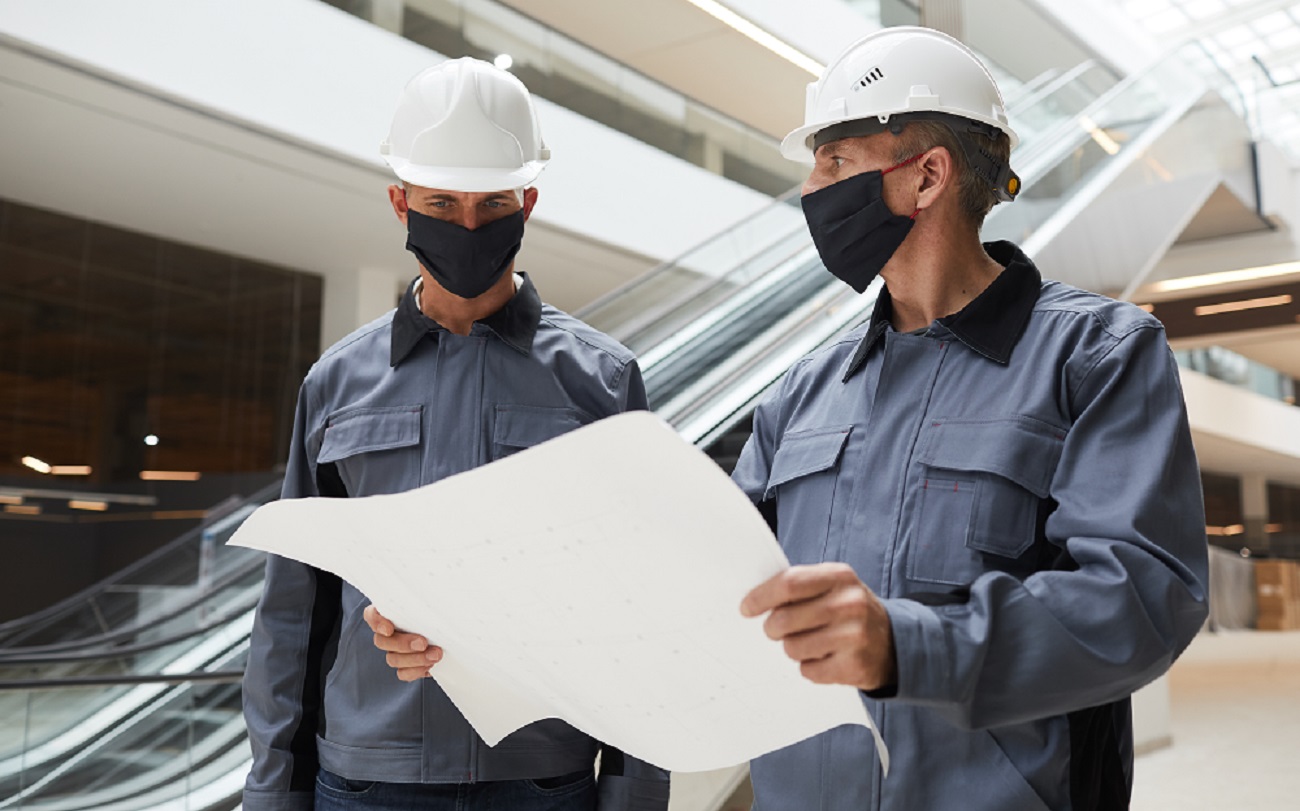This year has brought with it many challenges for the audiovisual industry as COVID-19 has had a major impact on the economics of many businesses.
Customer budgets have dried up, some products are difficult to find and social distancing guidelines at job sites are costing integrators both time and money as new construction job sites in certain areas have limited the amount of workers that can be in an area.
For the latter, there isn’t much you can do to change the laws unless you want to be fined, but you can take steps to coordinate with construction managers and other trades, document when delays happen.
This is a tough year across the board for nearly every industry, and new construction projects will require a level of coordination unlike any other.
COVID restrictions are law – deal with it
At one job site where Wisconsin-based Lifeline Audio Video Technologies is working, only one employee is allowed in a rack room at a time.
“The job can get done with one employee but the overall project will run much smoother and take much less time with two people,” Wright says.
At other sites, daily temperature checks are mandated. These take only a few minutes, but they still delay the day’s work – especially if several workers have to take them each day.
“If this costs each employee 15 minutes of time each day and you have four employees on a job site for a week, then this can relate to an extra 5 hours of time that was not accounted for in the project,” Wright says.
For the time being, there’s no real way around these issues. These are laws put in place to help keep people safe and healthy, especially in particularly hard-hit areas of the U.S. In some areas, companies that violate these rules can be fined several thousand dollars at a time.
However, there are some steps you can take to mitigate these issues and make sure that your work is done in a timely and efficient manner while keeping your employees and other tradespeople safe.
Read Next: Sorting Through Body Temperature Scanning Systems
Coordinate proactively and often
These issues compel each trade to work together to find out exactly when a space is available and when work can be done.
For AV professionals, they’re one of the last trades to get to work, so your project managers should be in constant communication with the general contractor to know when your team can get to work.
COVID-19 notwithstanding, AV professionals will typically walk away from the job site for the first time with a long list of work that needs to be done before they can begin, says Michael Lane, VP of operations at AV and IT provider 1Path.
Instead, integrators should take this into their own hands and coordinate times to come in and survey the site to see if they can begin work. Be proactive with the general contractor and make it clear you want to be able to send a project manager to the site routinely to check on work, Lane says.
“You cannot rely on the general contractor or somebody else to tell you they’re ready for you,” Lane says. “You have to be proactive and go to the job site on a regular basis and check the status of the work. That’s a big thing that some integrators miss.”
Integrators should be proactive with the general contractor and make it clear they want to be able to send a project manager to the site routinely to check on work, Lane says.
Document delays and deficiencies
When there are delays – rest assured there will be – integrators and their project managers should document them meticulously.
“When that crunch time inevitably happens at the end, you can either go get more money to help augment your staff … or try to get more time to have things finished,” Lane says. “If you’re not on top of the inevitable construction delays, it’s very easy to get to the end of the job and not have any recourse to help you out.”
That could put you in a situation where you’re forced to complete three months of work in one month.
“Document it every time there’s something not done and when there’s a delay by other trades,” Lane says.
If anything is causing you to spend more time and money that is a direct result of another trade not finishing their work, it should be documented. Or else, it could cost your company more time and money.
You’re all in the same boat
For Massachusetts-based integration firm CommLink Integration, having to take routine COVID tests, travel restrictions and mandatory quarantine periods as technicians work across state lines has been difficult.
At one job site in an other Northeast state, the discussion amongst the team was whether to return to Massachusetts as technicians wait for more finished work to be done. That would require another round of tests and quarantines, however.
In these highly regulated areas where COVID-19 is having more of an impact on everyday life, every trade working on a project is subject to these rules.
“We’re all just trying to get the project done,” says Ryan Boda, a project manager at CommLink Integration.
Construction companies, electricians, IT and other trades are facing the same kind of pro AV job site restrictions, so these projects during the pandemic will require a level of understanding between each discipline.
“I think the clients we’ve been dealing with are all aware,” Boda says. “Everyone is seeing delays across the board.”










